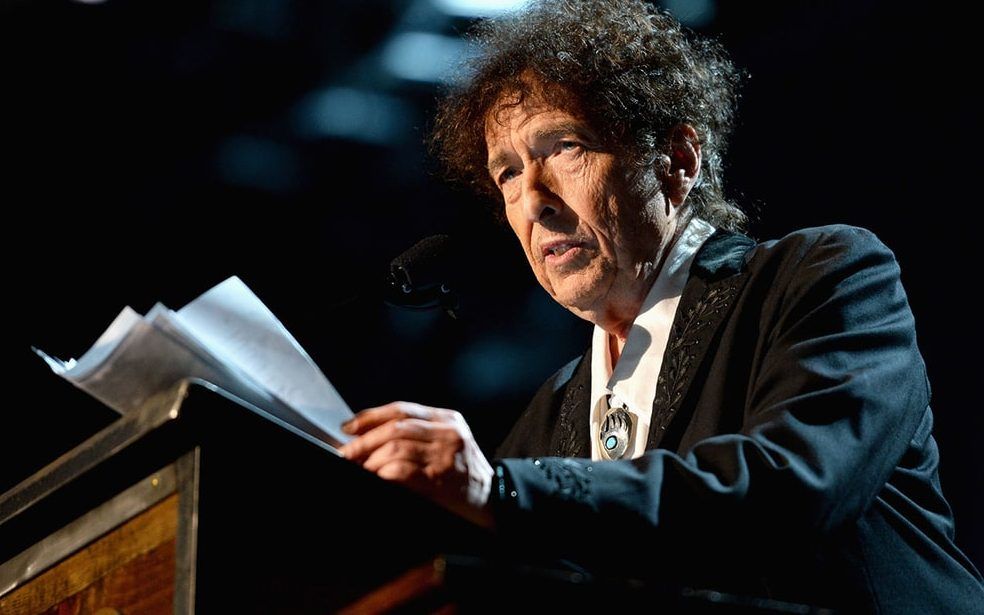You’ve probably heard that singer-songwriter Bob Dylan was awarded the world’s most prestigious award for literature, the Nobel Prize, last year.
This prize is given to an author from any country who produced “in the field of literature the most outstanding work in an ideal direction.” The Nobel committee selected Dylan “for having created new poetic expressions within the great American song tradition”.
While many were somewhat dumbfounded by this choice, ardent Dylan disciples—a faction that includes intellectuals and academics all over the world—felt vindicated. To them, Dylan’s lyrics are on par with the iconic works of classical poets.
One of the most ardent devotees is Richard F. Thomas, a classics professor at Harvard. He’s just published a book “Why Dylan Matters”, and teaches a course on Bob Dylan, alongside his traditional seminars on Homer, Virgil, and Ovid.
In the book, Thomas talks about Dylan’s modern relevance and interprets and decodes Dylan’s often mysterious, classically referenced lyrics for readers. For Thomas, the singer-songwriter is “the supreme artist of the English language in my time” whose work “is literature, in an expansive rather than a limiting sense of the word”.
Famously monosyllabic and self-deprecating in public, Dylan seems humbled and somewhat perplexed by this honour (which is why he did not respond right away to the Nobel committee when notified of his prize). He does not analyze his lyrics like most artists don’t analyze their works. Dylan’s lyrics speak for themselves, but some facts about his life do point to the influence classics had on his evolution as an artist.
In high school he took Latin, and in his early days in Greenwich Village, he lived with friends who owned a huge library filled with classics, which he devoured: Thucydides, Sophocles, Tacitus, Ovid, Machiavelli, Dante, Suetonius, et al.
In 1991, with the first Gulf War raging, he told an interviewer: “You read the history of Ancient Greece and when the Romans came in, and nothing will ever bother you about America again. You’ll see what America is.”
In other interviews (rare as they are), he’s made a few oblique references to classical history and literature. And in his Nobel Prize acceptance speech, Dylan writes (he didn’t show up but had his letter read by one of the Nobel Committee members) that Moby-Dick, All Quiet on the Western Front and The Odyssey are his favourite books.
For many of us, Dylan has been rather one-dimensional—a singer-songwriter from the 1960s, most famous for his anti-Vietnam war songs—and the rather mumbling delivery of his meaning-laden, arcane lyrics. So, maybe it’s time to take a deeper look at Dylan’s balladry that earned him the Nobel Prize for Literature. Click here.


